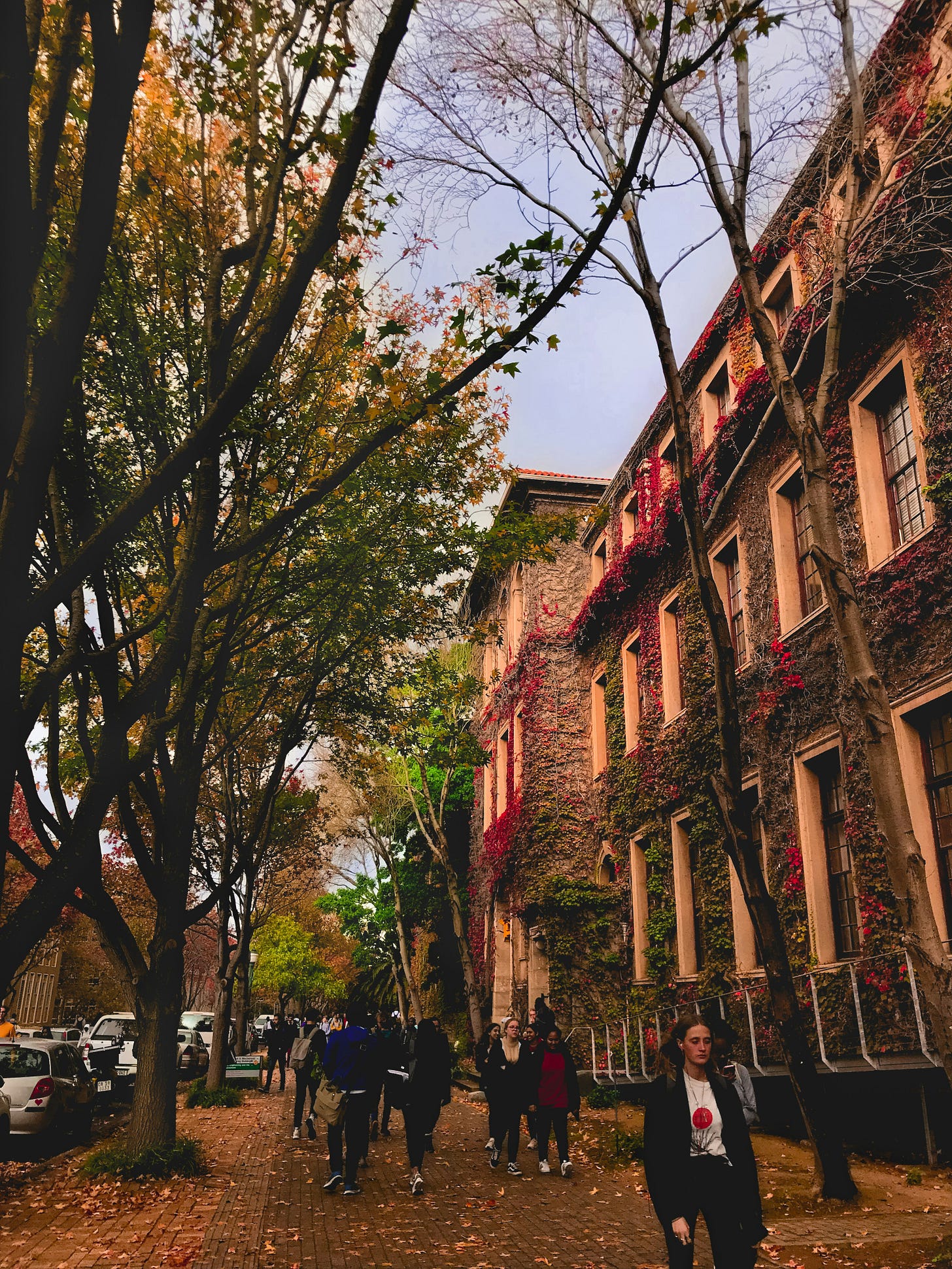
The Student Representative Council (SRC), although often under scrutiny and scandal, has been an impactful force in addressing student’s interests for over a century. Its structures, ethics, and accountability procedures are steady fixtures in the UCT culture, and as such, should be analysed by the student populace for meaningful engagement to occur. It is in our best interest to analyse the SRC through the ethos by which they define themselves. This allows for a holistic view of any aforementioned scrutiny and scandal.
The Structure
The SRC is elected annually and consists of 15 members. These members may serve in the interest of political parties, or as individuals. Regardless of political ties, all members represent the highest point of student governance on campus. Led by a president, the SRC consists of 15 committees that are each dedicated to a specific facet of the UCT campus. This ranges from student advocacy to societies, sports, and more. This ensures that all students and faculties are represented. Any student can email the representative of choice and state their issue. Thereafter they will be guided through the process of resolving the issue, whether that be through the SRC president or Secretary General, UCT bureaucracy, or external structures. The SRC members hold office from November 1st to October 31st. Members are allowed to resign, with permission, at any point in their term and in certain cases are expelled from the SRC if found to work against the ethics of the council. The Student Governance Court or the University Student Disciplinary Tribunal decides this matter.
The Function
The SRC’s main objective is to act as the structural spokesperson for UCT students. It pledges to create meaningful dialogue between the student populace and the UCT bureaucracy. However, it aims to benefit all members of UCT and is involved in decision-making and policy enactment on all levels. Overall, the SRC aims to take stock of student opinion and employ policy and politics based on that, while recognising external structures relevant in the present day and drawing ties between those structures and the UCT community. It recognises the inherent political nature of the University and fosters an environment that encourages engagement as university-going political subjects.
Ethics and Accountability
The SRC situates itself within a national ethos of democracy, equality, and social justice. The election process which all campaigners must follow is littered with words which uphold a sense of integrity as well as discourage any malpractice. The election process is a rigorous affair, with an external Electoral Commission employed to oversee and regulate the campaigning methods. The SRC holds itself to the same level as it does the UCT community and strives to lead by example and provide a framework of good governance. However, there are also structures which deal with any wrongdoing within the SRC itself. If a member of the SRC or general student body wishes to raise an issue with an SRC member, they may do so through the Student Governance Court. This issue may be taken up with a UCT Tribunal Court and action will be taken from there.
The SRC will continue to be an emblem for student representation in the years to come, and, hopefully, there will be a continued progression of its policies, structures, and ethics. As a microcosm of the national political bureaucracy, it is vital for the student populace to fully understand and engage with the SRC, scandal or not.

